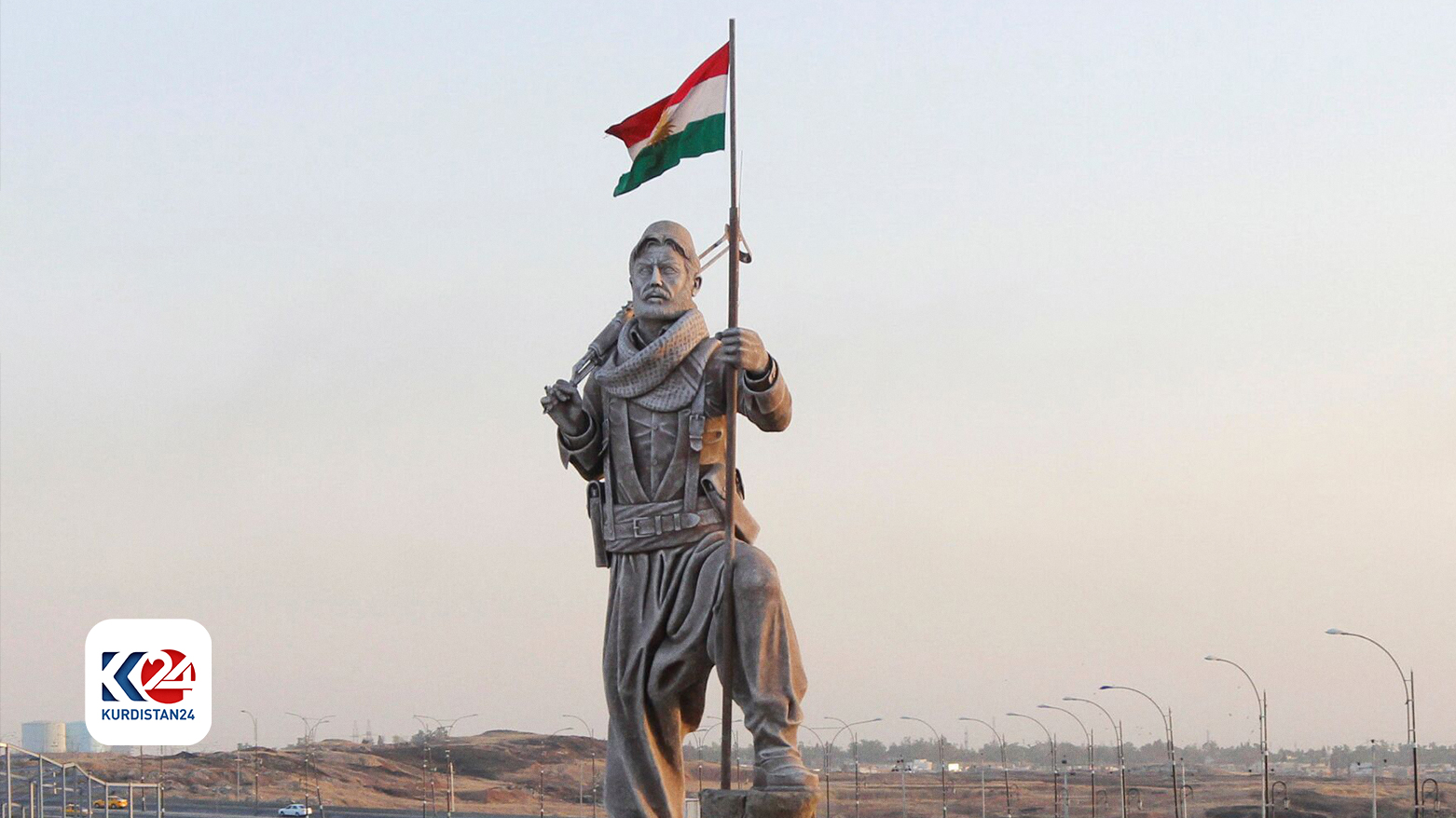Arabization in Kirkuk reaches critical level amid demographic shifts
Evidence indicates that the Arabization under the leadership of Rakan Saeed al-Jabouri over the past seven years surpasses that which occurred under the previous Iraqi regime.

ERBIL (Kurdistan 24) – The Arabization of Kirkuk has escalated to alarming levels, with numerous instances of Arab settlers being relocated from other Iraqi cities to the center and surrounding areas of Kirkuk.
This demographic change, intensifying since October 16, 2017, threatens the city's Kurdish identity and its future, particularly with a census scheduled for later this year.
Evidence indicates that the Arabization under the leadership of Rakan Saeed al-Jabouri over the past seven years surpasses that which occurred under the previous Iraqi regime.
Karwan Kamarkhan, head of the Kirkuk office for the Kurdish territories outside Kurdistan Region control, stated, “After October 16, 2017, the Arabization campaign in Kirkuk has continued, involving the transfer of civil status ID cards and ration cards from other Iraqi provinces to Kirkuk. Residency cards are being issued to these new settlers for a very small amount of money, reflecting the severity of the Arabization process.”
This development comes as Iraq plans to conduct a general census in November, a move opposed by the Kurds due to its potential impact on Kirkuk's future.
Shakhawan Abdulla, Deputy Speaker of the Iraqi Parliament, emphasized, “The population census should not be conducted in Kirkuk. If the census proceeds, it must adhere to certain standards. We will not recognize any census in Kirkuk and will treat it as we did the 1977 and 1997 censuses.”
The relocation of Arabs to Kirkuk and the Kurdish areas outside Kurdistan Region control, along with the population census, contradicts Article 140 of the Iraqi Constitution.
Documents and statistics reveal that over 100,000 Arab families have been relocated to Kirkuk from other cities since October 16, 2017.
The ongoing demographic changes pose significant challenges to Kirkuk’s Kurdish identity and raise concerns about the city's future governance and cultural landscape.